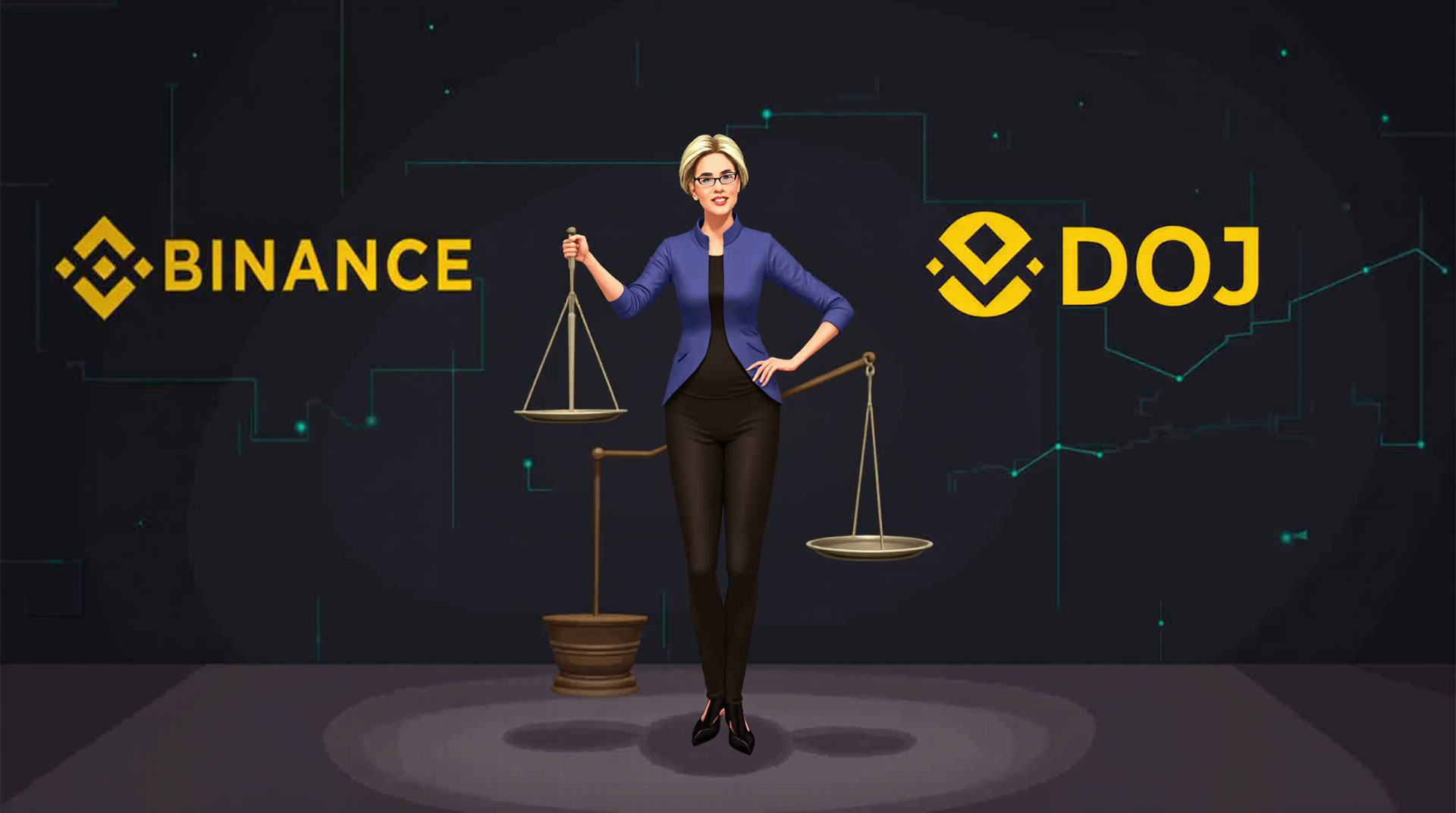Context and Impact on the Binance Probe
Senator Elizabeth Warren (D-Mass) and fellow lawmakers are intensifying scrutiny of the Department of Justice (DOJ) over its handling of Binance’s 2023 settlement agreement, citing delays and insufficient transparency in accessing critical documents and communications. The $4.3 billion settlement, which resolved allegations of money laundering and sanctions violations, required Binance to undergo a three-year independent compliance monitorship. However, Warren’s office alleges that the DOJ has been slow to provide records detailing Binance’s compliance efforts, interactions between government officials and Binance representatives, and assessments of anti-money laundering (AML) measures.
This lack of cooperation complicates congressional oversight and public evaluation of Binance’s adherence to the settlement terms. It also raises concerns about the DOJ’s enforcement consistency, particularly amid reports that Binance is negotiating to end its compliance monitor early. For investors and institutions, the opacity surrounding these discussions adds regulatory uncertainty, potentially affecting risk assessments and market confidence in Binance’s operations.
Possible Conflicts and Broader Implications
The probe intersects with broader ethical and political questions, including potential conflicts of interest within the Trump administration. Warren and other legislators have requested details on World Liberty Financial (WLFI), a crypto venture linked to Trump family associates, which received a $2 billion investment from Emirati entities. Lawmakers are also seeking information on the promotion of the $TRUMP memecoin and any discussions regarding pardons for former Binance CEO Changpeng Zhao. These inquiries highlight concerns that personal financial interests may be influencing regulatory decisions and national security policies, such as the approval of advanced technology exports to the United Arab Emirates.

The DOJ’s reluctance to share information could delay legislative efforts to strengthen crypto regulations, such as the Digital Asset Anti-Money Laundering Act advocated by Warren. It may also fuel calls for stricter oversight of the crypto industry’s ties to political figures and reinforce skepticism about the adequacy of current enforcement mechanisms. As the DOJ reviews Binance’s request to terminate its monitor early, the outcome of Warren’s probe will be pivotal in shaping public trust and regulatory clarity for the crypto market.
In summary, the standoff between Senator Warren and the DOJ reflects deeper tensions between regulatory accountability and the crypto industry’s political influence. The resolution of this dispute will determine the trajectory of Binance’s compliance obligations and set a precedent for how lawmakers oversee financial crimes in the digital asset space.


